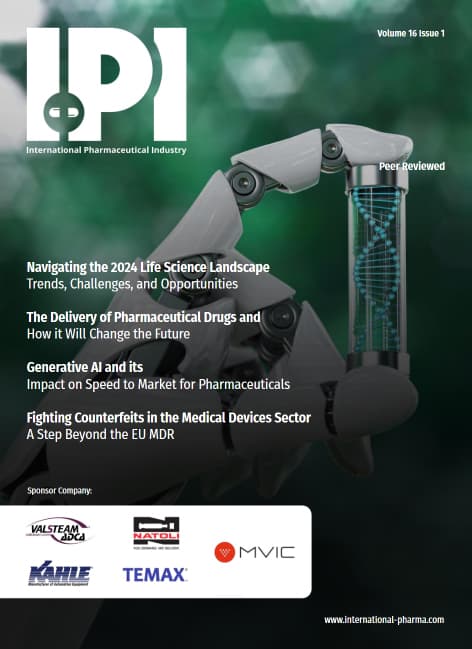That was fast: A little more than a month after AstraZeneca sold the U.S. half a million doses of its COVID-19 antibody combo, the British drugmaker and U.S. officials are expanding their supply deal once more.
AZ and the U.S. Department of Health and Human Services have locked up an agreement for a total of 1 million additional doses of AstraZeneca’s long-acting antibody cocktail Evusheld, also known as tixagevimab plus cilgavimab, the company said Monday.
The deal includes the 500,000 doses the U.S. purchased in January plus an initial order for 700,000 Evusheld doses, which are already being administered around the country, AZ said. The latest tranche, unveiled Monday, covers the purchase of 500,00 doses by the U.S. government.
The total value of the agreement for the manufacture, distribution and storage of Evusheld is $855 million, and AstraZeneca spokesperson said over email. The U.S. has now locked up a total of 1.7 million doses from AZ.
“With continued cases of COVID-19 across the US and in the wake of the Omicron variant, there remains a critical need to provide additional protection to immunocompromised patients who are most vulnerable to the virus,” Ruud Dobber, executive vice president and president of AstraZeneca’s biopharmaceuticals business unit, said in a statement.
Unlike the COVID-19 antibody therapies from Eli Lilly, Regeneron and GlaxoSmithKline, AstraZeneca’s therapeutic is authorized for prevention before exposure to the virus. Specifically, the FDA in December authorized Evusheld in people with moderately to severely compromised immune systems, either because of a medical condition or from the use of immunosuppressive medications. People with a history of severe reactions to COVID-19 vaccines are also eligible to receive Evusheld.
AstraZeneca’s COVID-19 vaccine, meanwhile, hasn’t been cash cow that Pfizer-BioNTech’s and Moderna’s have, but the shot still managed to gin up nearly $4 billion in 2021. AZ expects vaccine sales to decline in 2022, but those losses should be partially offset by an increase in Evusheld revenues.
On an investor call earlier this month, AZ’s CEO Pascal Soriot declined to break down individually how much it expects to sell of its two COVID-19 products, adding that many doses of Evusheld would be delivered to the U.S. at a lower price in exchange for the country funding the antibodies.
AZ will later this year be able to provide more clarity on COVID product sales forecasts as it moves into a “commercial” stage, Soriot said.

























